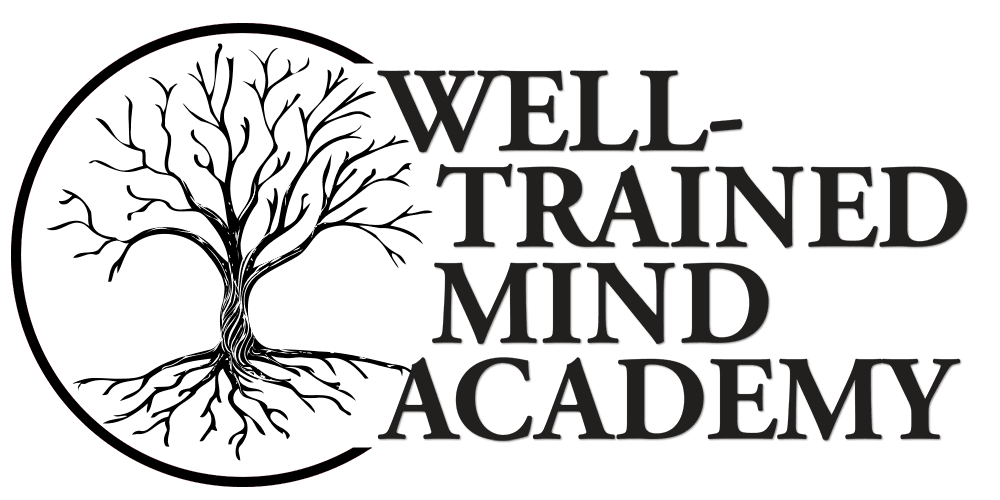Literature of the Early Modern World
Full-year course. Immerse yourself in the literary evolution from the “first novel” (Don Quixote) through the 18th century. Explore significant works shaping modern storytelling, focusing on themes like individualism, societal change, and the human condition. Students will explore cultural and historical contexts through lectures, in-class Socratic questioning, and written assignments. This course emphasizes classical education values, cultivating critical thinking and analytical skills while expanding students’ literary knowledge.
Course highlights include:
- Analysis of pioneering novels and their influence on Western canon literature.
- Discussions on the rise of individualism and societal shifts in Europe as reflected in textual artifacts.
- Examination of satire as both comedy and cultural critique.
- Consideration of allegory, symbolism, and metaphor in prose and poetry development.
Students will complete various assignments to deepen their understanding and analytical skills, such as weekly quizzes or summaries for comprehension, short response papers to engage with readings, and midterm and final papers for thorough exploration of literary techniques and meanings.
Before enrolling, we encourage you to review the proposed readings to ensure alignment with your student’s maturity level.
Literature of the Early Modern World Information
- Example Syllabus
- Class meets once per week for 50-55 minutes.
- Class cap: 20 students.
- Designed for grades 10-12.
- High school students may be awarded 1 Language Arts credit upon completion of this course.
- Taught by Aaron Wells
